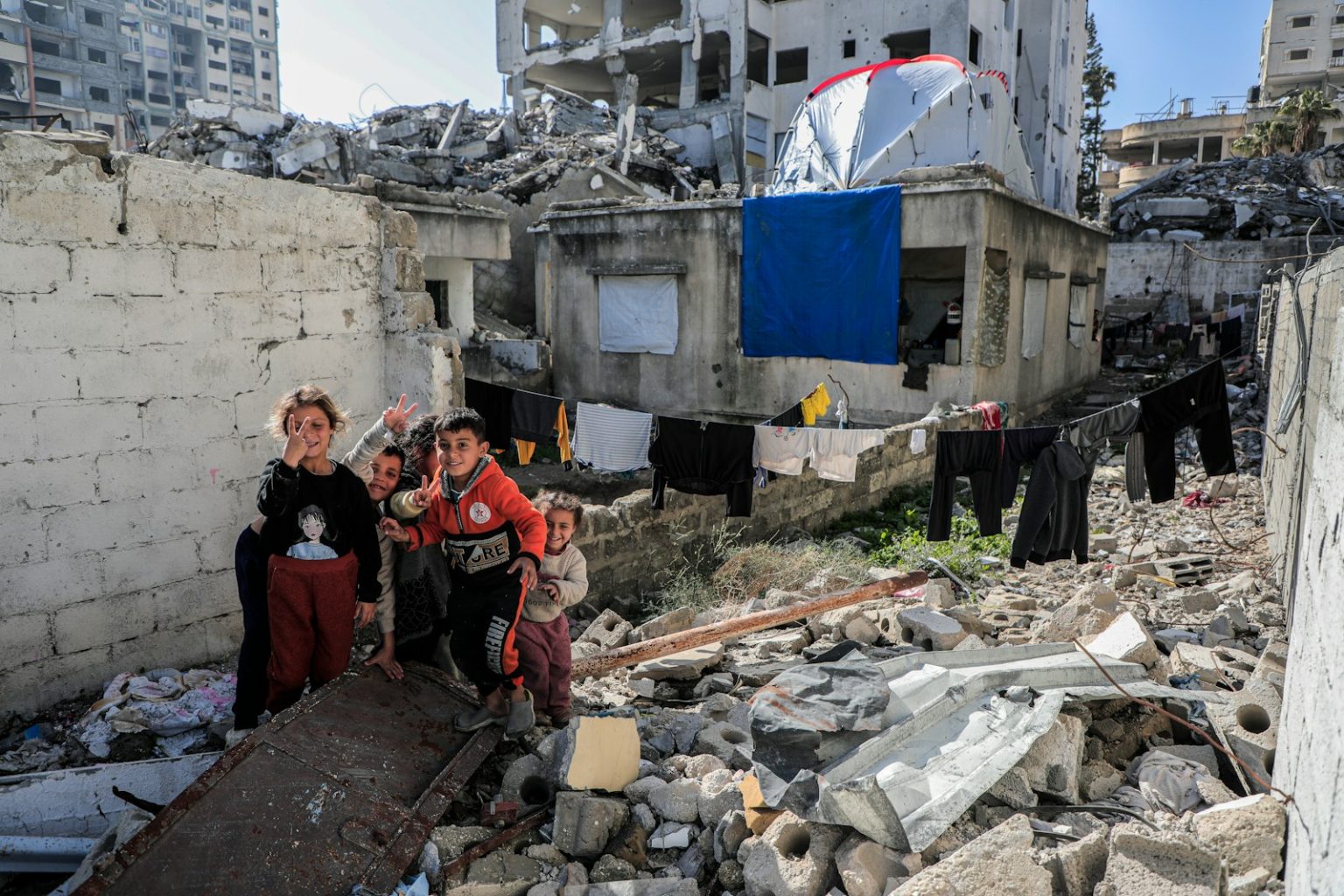Humanitarian aid to Gaza faces mounting obstacles as Israel continues to reject essential supplies, including insulin needles, sleeping bags, and even food items like Nutella. These rejections highlight the growing humanitarian crisis affecting the region, with no resolution in sight.
Arwa Damon, founder of the International Network for Aid, Relief and Assistance (INARA), has encountered significant barriers in delivering critical supplies to those in need. Her organization’s experiences provide insight into the complex challenges facing humanitarian efforts in Gaza.
The Reality of Aid Restrictions
INARA’s attempts to deliver basic necessities to Gaza have met with resistance at Israeli checkpoints. The rejection of medical supplies such as insulin needles is particularly concerning, as these items are vital for managing diabetes and other health conditions among the civilian population.
The situation reveals a pattern of restrictions that goes beyond security concerns, affecting everyday items that pose no apparent threat but are essential for survival and basic comfort in a conflict zone.
“These aren’t weapons or dual-use items that could be repurposed for military activities,” Damon explained. “These are basic humanitarian supplies that people desperately need to survive.”
Economic Challenges of Humanitarian Work
Running a humanitarian nonprofit in such conditions presents unique economic challenges. Organizations like INARA must navigate complex logistics, unexpected rejections of shipments, and the need to constantly adapt their approach.
The financial impact is substantial. When aid shipments are rejected, organizations face:
- Lost costs of purchased supplies
- Wasted transportation expenses
- Additional storage fees while seeking alternative routes
- Reduced donor confidence when aid fails to reach its destination
These economic pressures compound the already difficult task of fundraising for crisis response, creating a cycle that limits the effectiveness of humanitarian efforts.
Systemic Barriers to Aid Delivery
The rejection of aid shipments points to broader systemic issues affecting humanitarian work in Gaza. Aid organizations report inconsistent application of rules regarding what can enter the territory, making planning nearly impossible.
Humanitarian corridors, which typically allow for the safe passage of aid during conflicts, have been limited and unreliable. This has created bottlenecks that prevent the flow of sufficient supplies to meet the growing needs of Gaza’s population.
The current system is not designed to succeed. We’re seeing arbitrary rejections of essential items while people are in desperate need.
International aid experts note that the situation in Gaza represents an unusual case where even basic humanitarian principles, such as allowing medical supplies to reach civilians, are not being consistently honored.
The Human Cost
Behind the logistics and economics lies the human impact of these aid restrictions. Gaza’s healthcare system is on the verge of collapse, with hospitals lacking basic supplies and medications. Civilians with chronic conditions like diabetes face life-threatening situations when insulin and related supplies cannot enter the territory.
The rejection of items like sleeping bags is particularly troubling as displacement continues to be a major issue, with many families forced from their homes and living in temporary shelters without adequate protection from the elements.
Food security has also deteriorated, with nutritional items being rejected alongside medical supplies. This comprehensive restriction on aid creates conditions where meeting even basic human needs becomes nearly impossible.
As the crisis continues with no political solution in sight, humanitarian organizations like INARA find themselves caught in an impossible situation – mandated to help but prevented from delivering the most basic necessities to those who need them most.
The international community faces mounting pressure to address these aid restrictions as part of any effort to resolve the broader conflict, recognizing that humanitarian access is not just a matter of charity but a fundamental requirement under international humanitarian law.







